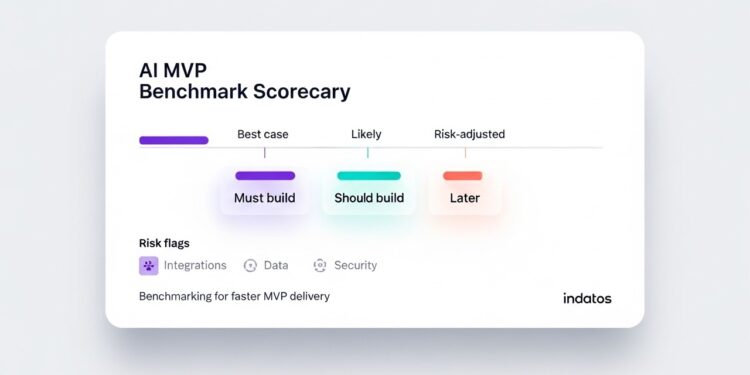The following article is attributed to Dr. P. Prasant, Founder of PCSM and Education Mentor
The face of entrepreneurship is changing, and with it, the nature of mentorship. In an era defined by agility, collaboration, and community-led growth, peer mentorship has emerged as a powerful and rising trend among new-age founders. Unlike traditional mentorship, which is often hierarchical and experience-driven, peer mentorship thrives on equality, shared experiences, and real-time problem solving. It represents a shift from the top-down transfer of knowledge to a lateral exchange of insights, where founders at similar stages of their entrepreneurial journeys lean on each other for support, perspective, and growth.
Today’s startup ecosystem is intensely dynamic. Founders are navigating rapid technological shifts, evolving consumer behavior, funding uncertainties, and intense competition—all at once. While seasoned mentors still hold immense value, they often come with a gap in immediacy or contextual relevance, especially in hyper-niche or rapidly evolving sectors. Peer mentors, on the other hand, are walking through the same fires, facing similar challenges, and learning in parallel. This shared context builds an instant rapport and creates a safe space for authentic conversations around doubts, failures, mental health, and imposter syndrome—topics that are often overlooked in traditional mentoring relationships.
What makes peer mentorship especially potent is its accessibility. Whether through founder networks, accelerator programs, or informal communities on platforms like Slack, WhatsApp, or LinkedIn, peer support systems are easy to initiate and maintain. These networks encourage frequent, bite-sized exchanges rather than formal, scheduled sessions, leading to a more organic flow of insights and learning. For a young founder trying to close their first funding round or struggling with product-market fit, a five-minute call with a fellow founder who faced the same issue last week can often be more actionable than a structured masterclass.
Another reason for the rise of peer mentorship is the cultural shift among millennial and Gen Z entrepreneurs. These generations value collaboration over competition, transparency over authority, and vulnerability over posturing. They are more likely to seek help openly, share failures publicly, and celebrate collective wins. This mindset fuels a culture where mentorship is not a one-way street but a mutual exchange. A fintech founder might offer growth hacking tips to a health-tech founder, who in return shares regulatory insights—both walking away smarter and stronger.
The impact of peer mentorship also extends beyond business strategy. Entrepreneurship is emotionally taxing, often isolating, and deeply personal. Having a peer mentor—someone who understands the highs of product launches and the lows of missed targets—offers emotional reassurance. It helps normalize the rollercoaster, builds resilience, and fosters a deeper sense of belonging within the startup ecosystem. Founders supporting each other emotionally and mentally become each other’s anchors during turbulent times, especially when burnout or self-doubt creeps in.
Startups are also beginning to formalize peer mentorship internally. Early employees or co-founders mentor each other across skill sets—product guiding sales, tech helping marketing—creating a culture of learning and shared leadership from the get-go. External peer cohorts organized by incubators, VC firms, or online communities are turning into lifelines for founders, offering everything from accountability check-ins to resource sharing and investor referrals.
However, peer mentorship is not a replacement for traditional mentorship but a complement. It fills the gaps that experienced mentors may not address and accelerates learning by offering real-time, relevant advice. The key is to balance both—gaining long-term vision from veterans while staying agile with support from peers.
As entrepreneurship continues to evolve, the idea of who qualifies as a mentor will evolve too. Peer mentorship, with its immediacy, authenticity, and reciprocity, is no longer a trend—it’s becoming a norm. In a world where collaboration is the new currency, founders who learn and grow together are more likely to build enduring businesses, and more importantly, build each other up in the process.
















